A spirited, strong-willed, intense, or angry child… these are all terms that we often use, or hear to describe kids with strong emotions. What we don’t always know is how to help them calm down, or how to teach them to achieve calm themselves. It is especially difficult when you don’t know what has triggered your child or when you’re in the midst of something important. Everything stops for an angry episode. Here are is what research says is the best way how to calm an angry child. These strategies are rooted in positive parenting.
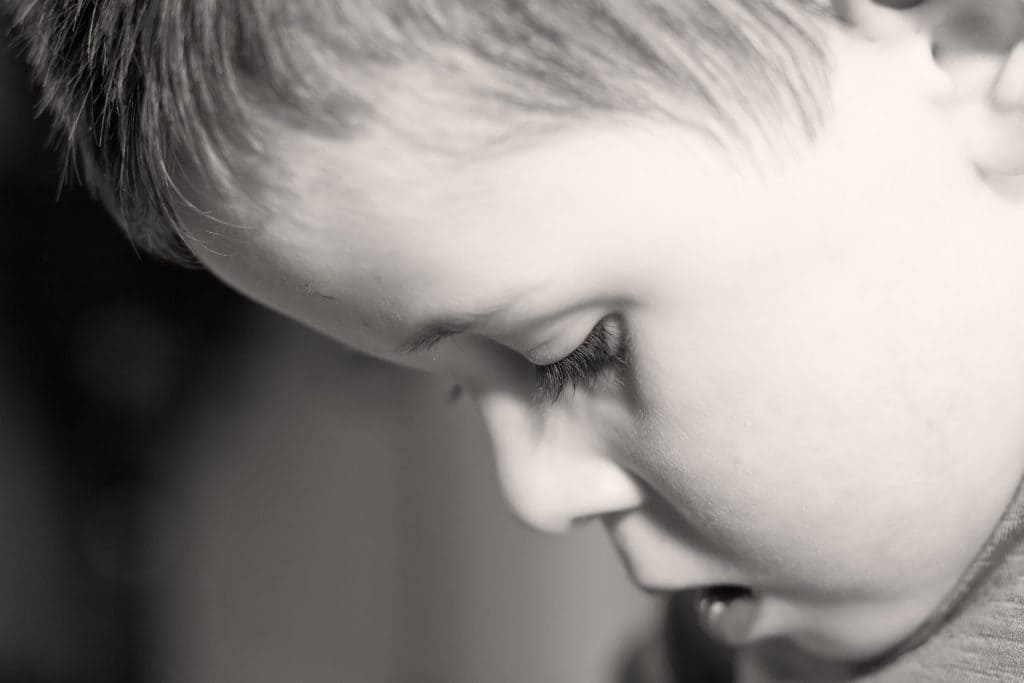
My son’s twin best friends had arrived for their playdate. Because my son and daughter are just over a year apart, my daughter has become fast friends with the twins too.
In no time, Paw Patrol characters consumed our family room. We lined up all of the figures and each child took a turn to pick the ones they wanted. All was well as the four kids collaborative play sprawled out across the floor.
As the morning unfolded, the figures became less appealing…
Wasting no time, my daughter decided to take out an armload of blankets. Soon, the kitchen table transformed into a well-secured fort. It was a fortress to encapsulate their wild imaginations.
Eventually, one of the twins made her way back to the Lookout, playing with the forgotten characters. Unknowingly, this was a huge trigger for my son.
Whether he leaves something he has been using for 30 seconds or 30 minutes, my spirited guy thinks he retains the right to that item. For example, he can be sitting in a chair and decide to go down to the basement to play. Later, if he finds someone in his spot, he’s furious.
On this previously peaceful morning, my son completely lost it. He went from happily playing to inconsolably angry. He started screaming, through one of his pups, and collapsed on the floor.
When he’s like this, I remove him from the situation both to calm him and to make sure he doesn’t hurt anyone.
Helping an angry child learn how to regulate his or her emotions and manage intense feelings is an essential part of parenting. But it’s a difficult one.
For children who are spirited or quick to anger, this can become especially important. Learning to calm down can be tough for some kids. Temperaments vary and some, like my son, might have more difficulty with this than others, however, there are some ways that we as parents can help our children learn how to calm down.
Related reading: Help an Angry Child Calm Down Plus 8 Calming Tools to Use Anywhere
How to calm an angry child – an important comment on what does not work
Some of the most current research has taught us that punishment and traditional discipline doesn’t work. When we punish children’s feelings, they can become angrier and more hostile. Or, they repress their emotions to avoid punishment.
If you’re someone who suppresses your upset feelings, you… still feel angry—after all, anger is a natural, healthy emotion we all experience—but instead of the resolution that comes with acknowledging your anger and resolving what triggered it, you just stay angry. You don’t express your feelings straightforwardly, but since you can’t truly suppress anger, you express your feelings through passive-aggressiveness.
– Dr. Andrea Brandt
When attempting to shape behavior, empathy, respect and understanding tend to make the greatest impact.
While experiencing intense emotions, a child may hit, kick, throw or scream, generally engaging in aggressive or destructive behavior, which makes it tough to keep our cool as parents.
However, the way we react to our child’s behavior impacts the way they will behave in the future. In reacting with love and empathy, we not only help them calm down in the moment, but we can provide them with the tools and the confidence to do so themselves over time.
Related reading: Why Punishing Tantrums Doesn’t Work and What to do Instead
When reacting to intense emotions in an angry child:
- Be sympathetic. Validate their emotions whether you feel they are justified or not. What your child is experiencing is real to them, and they need kindness and understanding.
- Don’t isolate. Some kids need space to calm down, others need a big bear hug. Some trial and error will help you figure this out, however, even if your kiddo needs space, find a way to provide this without true isolation. This can be achieved by using a calm down area or taking a time-in together.
- Remember that anger is ok. Feeling upset or becoming angry is a normal emotion. The way we react to anger is what we need to focus on, but acknowledging anger and expressing it is valuable.
- Keep your cool. This might mean taking a couple of deep breaths and doing some positive self-talk. Of all the tips here, this can definitely be the hardest. But, the calmer we are, the calmer our children will be. Studies show that matching yelling and aggression do more harm than good.
- Listen. Really listen. Use eye contact and show empathy, really listening goes beyond just hearing what your child is saying. Try to make sense of their ‘why’ and show them that you care.
By reacting to intense emotions with love, empathy and respect, we can help our children calm down. At this point, we can help teach calming tools for them to use on their own or with our help in the future.
Related reading: In the Heat of the Moment, This Simple Action Will Help Your Child
Here are 8 tips that are very useful
These calming tools can also be practiced when your child is already in a state of calm, this way, they can rely on them when they need them, keeping them in their back pocket.
Check out this bonus resource: 7 Step Parenting Success System







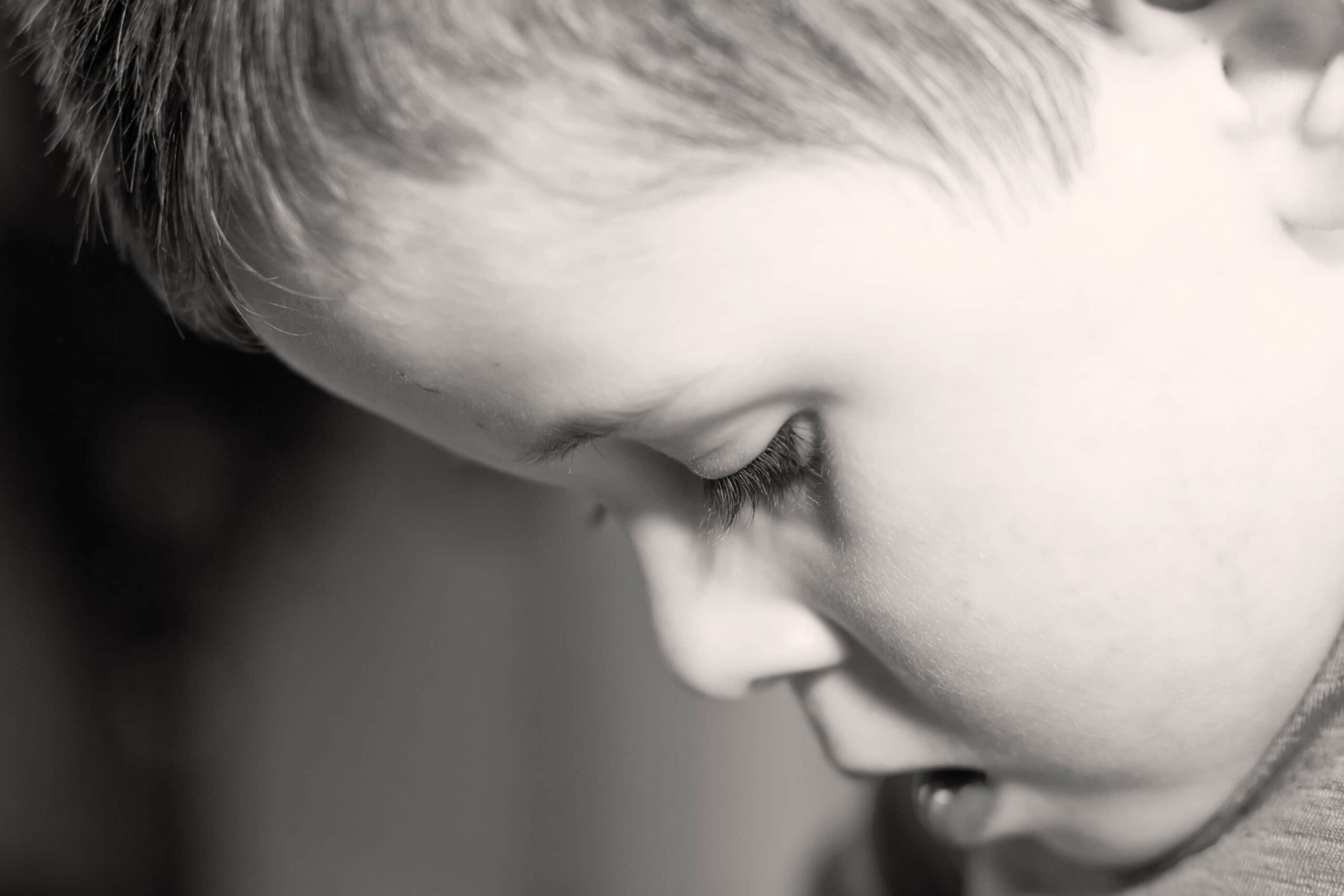
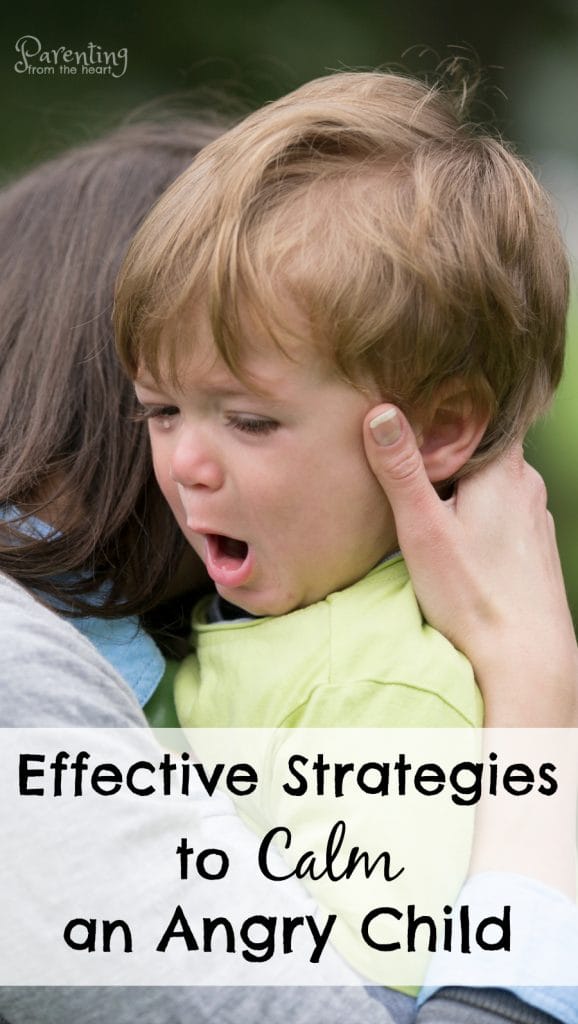
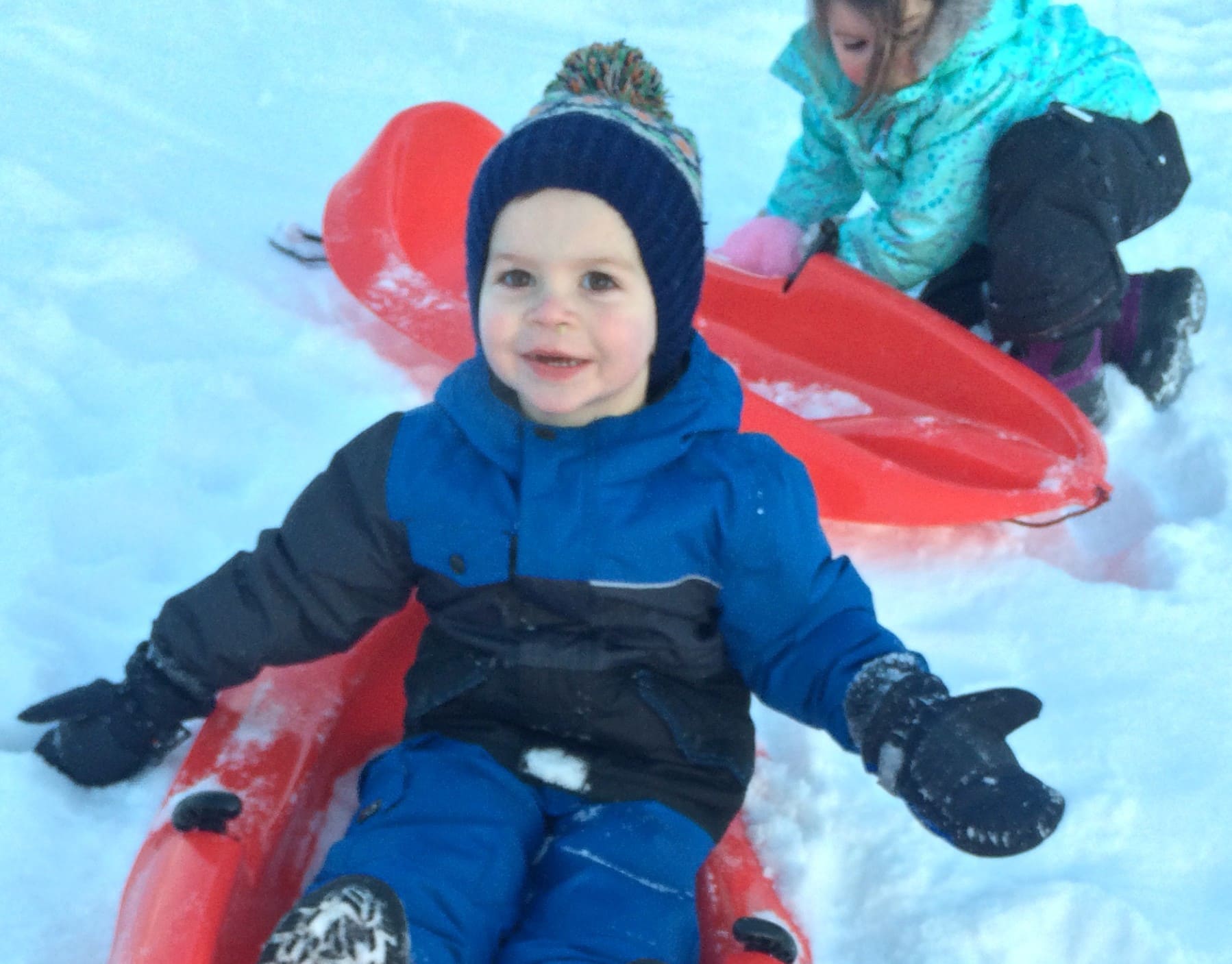
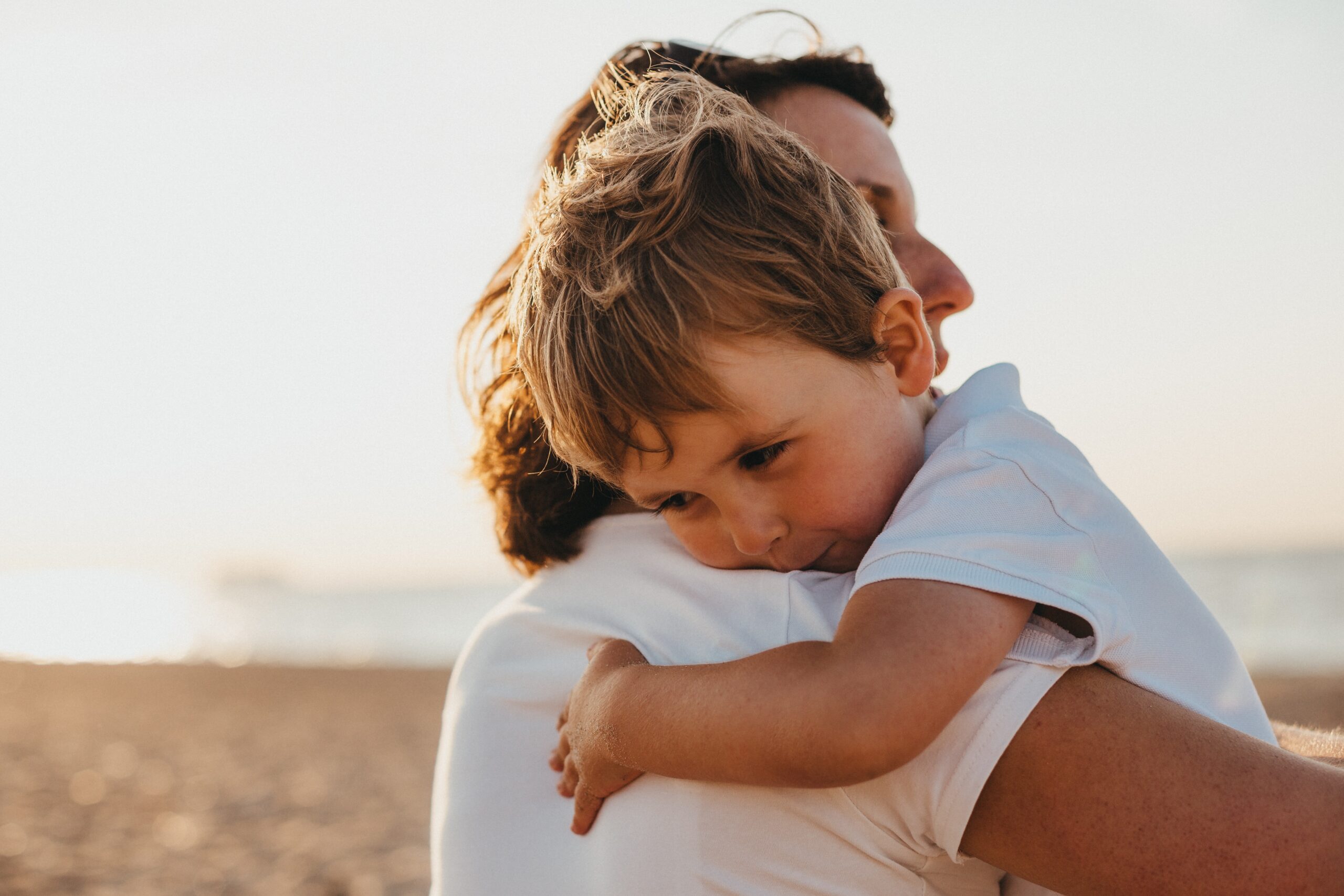
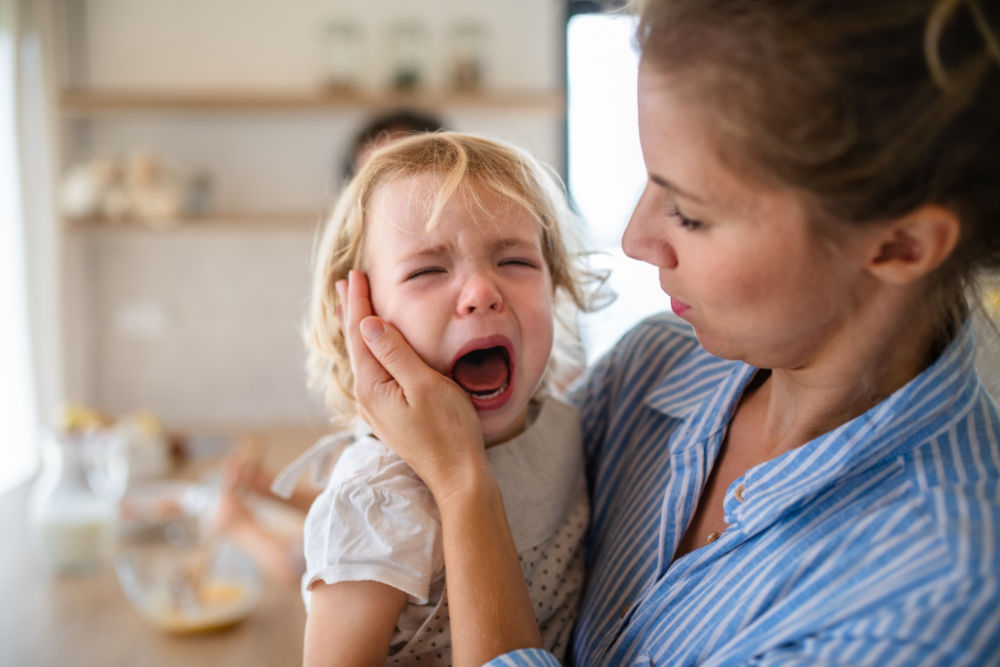
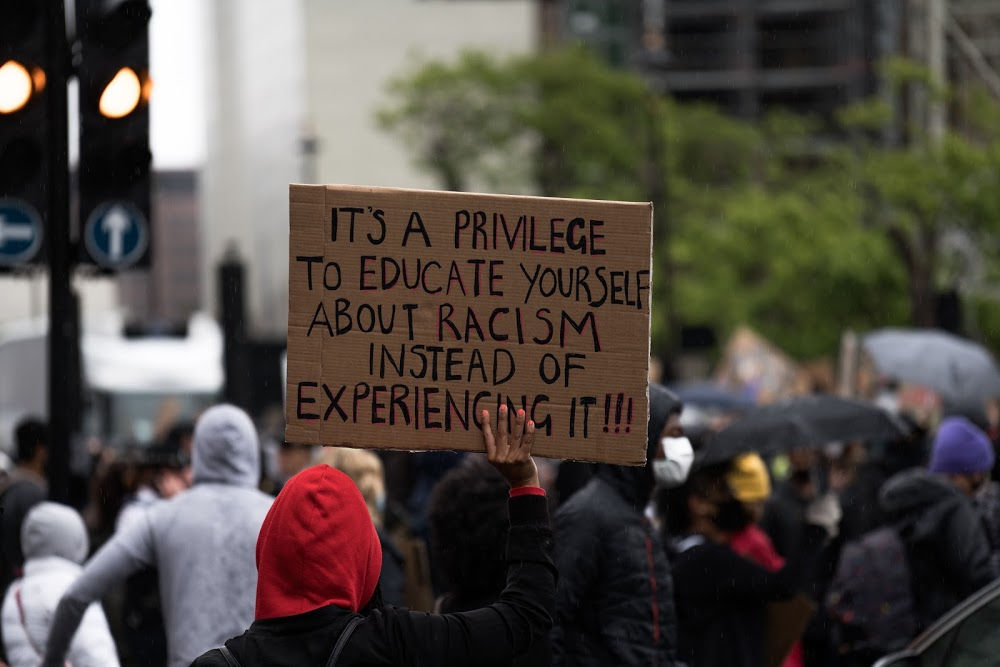
As a pediatric nurse of special needs kids I agree this is an essential information. When parents are nit available and child becomes angry to the point of hitting and kicking there has to be intervention but it does not have to be aggressive demonstrating adult lack of patience and intelligence. So I have used time outs but like you said not to punish rather defuse the child’s behavior using a minute for each year of age.
Anger is a normal emotion. Learning to manage angry children is an ongoing process and an important skill to learn. Teaching them ways to calm down, and practicing these techniques ourselves, is an important way we can help ensure better relationships and overall well-being for our kids and of course for us as well.
I’m an early educator and understand child psychology well.